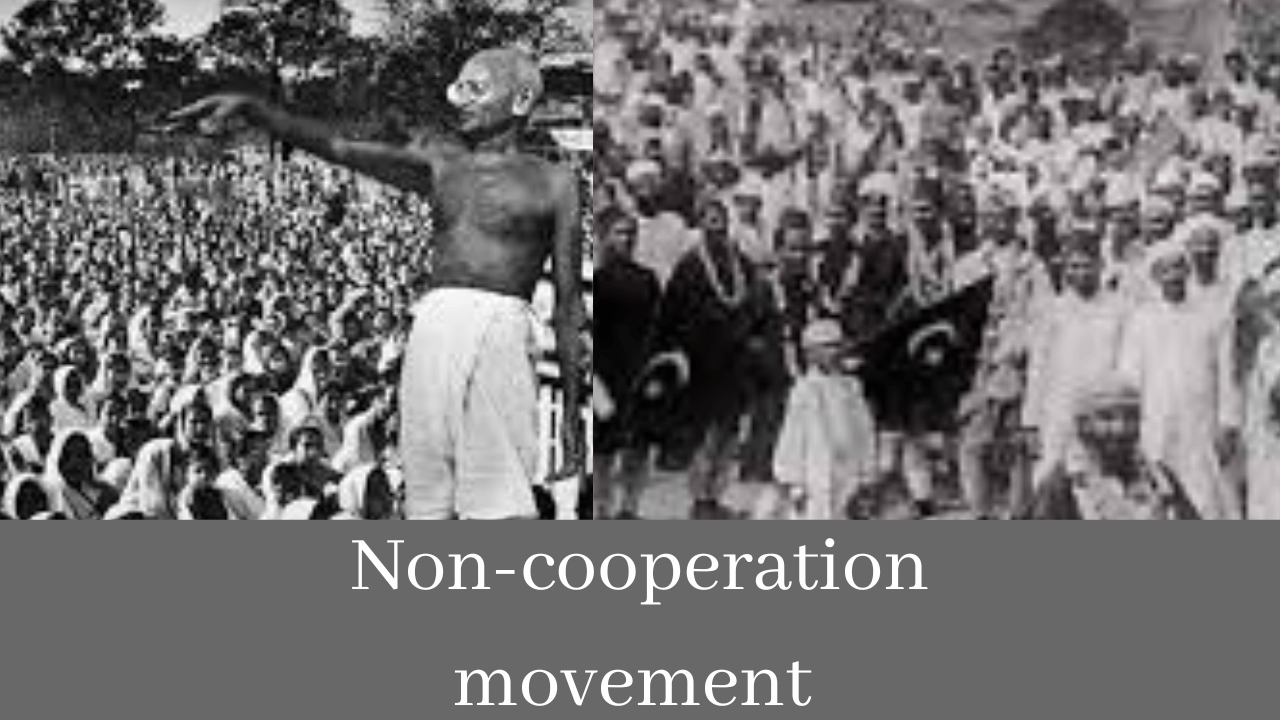Have you ever considered Pakistan’s origins? It is a fascinating tale, and Quaid-e-Azam Muhammad Ali Jinnah is where it all begins. In August 1940, Lahore hosted the Muslim League’s annual meeting. This meeting was noteworthy because Quaid-e-Azam chose to join the Muslim League. Many individuals at the time had doubts about his choice and believed he was erring. However, as we are well aware, Quaid-e-Azam was a cunning politician with a broad vision for Pakistan. In this post, we will examine Quaid-e-Azam’s decision to join the Muslim League in more detail, as well as how it affected Pakistan’s history.
What comes to mind when you think of the Muslim League? The Muslim League is well known as the Muhammad Ali Jinnah-founded political organization. The League’s history dates back to the late 19th century, which is less widely recognized. In British India, there was a lot of political and social unrest during this period. British officials were adamant about maintaining their hold on the subcontinent. However, a sizable portion of Muslims were also dissatisfied with the British administration. They want Muslim governance and national independence for their motherland.
Introduction to Muslim League

The Quaid-e-Azam’s decision to join the Muslim League altered the direction of Pakistan’s history. One reason was that it demonstrated his dedication to creating a distinct Muslim state and his belief in the cause. In terms of legality and popular support, it also offered the Muslim League a much-needed boost. Most significantly, it demonstrated to the British that Muslims were serious about their demands and were prepared to cooperate to realize their objectives. This ultimately resulted in the division of India and the founding of Pakistan.
“Quaid-e-Azam Muhammad Ali Jinnah,” generally referred to as the “Father of Pakistan,” was a visionary leader who was instrumental in the Muslim League. He fought tenaciously to establish an independent Muslim state and was a fervent supporter of Muslims in British India. He was the impetus behind the Muslim League’s call for Pakistan. He played a crucial role in its establishment in 1947 through his speeches and discussions with British and Indian officials. He was crucial in turning the Muslim League into a potent political force and persuading eh Muslim populace to call for the creation of a separate country. He also sought to bring the diverse Muslim factions together and give them a single objective to work for. Generations of Pakistanis continue to be motivated by his legacy because of his vision, drive, and leadership in the development of Pakistan.
The Role of Quaid-E-Azam in the Muslim League
The Muslim League was greatly impacted by the Quaid. He was an engaging speaker with the capacity to move listeners. He was emphatic that the Muslim League should strive toward this agenda since he had a clear vision for Pakistan’s future. His joining the Muslim League contributed to the party’s unification and provided it with a defined direction. The Muslim League was able to win the elections as a consequence, which ultimately resulted in the founding of Pakistan.
Quaid-e-Azam‘s Impact on the Muslim League
The Quaid’s impact on the Muslim League was huge.
He was a dynamic orator and had the ability to inspire people. He also had a clear vision for the future of Pakistan and was adamant that the Muslim League should work towards this goal.
The Role of the Muslim League in Pakistan’s History
In Pakistan’s history, the Muslim League played a significant role and already held sway before Quaid-e-Azam joined. The notion of “Pakistan,” the desire to establish a separate nation for India’s Muslims, was initially put forth by the Muslim League. When Quai-e-Azam joined, he assisted in making this vision a reality. He developed a reputation as a vocal proponent of the establishment of an independent Pakistani state and frequently delivered fervent addresses to Muslim League members. To further spread awareness and build support for the cause, he organized rallies across India and made use of his wide network of contacts.
With his guidance and support, the Muslim League steadily increased the number of its members and ultimately contributed significantly to Pakistan’s independence. Even though Quaid-e-Azam served as its head, the organization as a whole was ultimately responsible for making it happen.
Conclusion
The decision of the Quaid-e-Azam to join the Muslim League had a significant impact on Pakistan’s history. He was able to inspire the people and lead the Muslim League toward its ultimate objective of an independent Pakistan because of his extraordinary oratory abilities and intimate knowledge of the problems that led the Muslim League to take the lead in the Pakistan Movement, which ultimately led to the establishment of an independent nation for Muslims in South Asia.





2 Comments on “The Muslim League and Quaid-E-Azam”